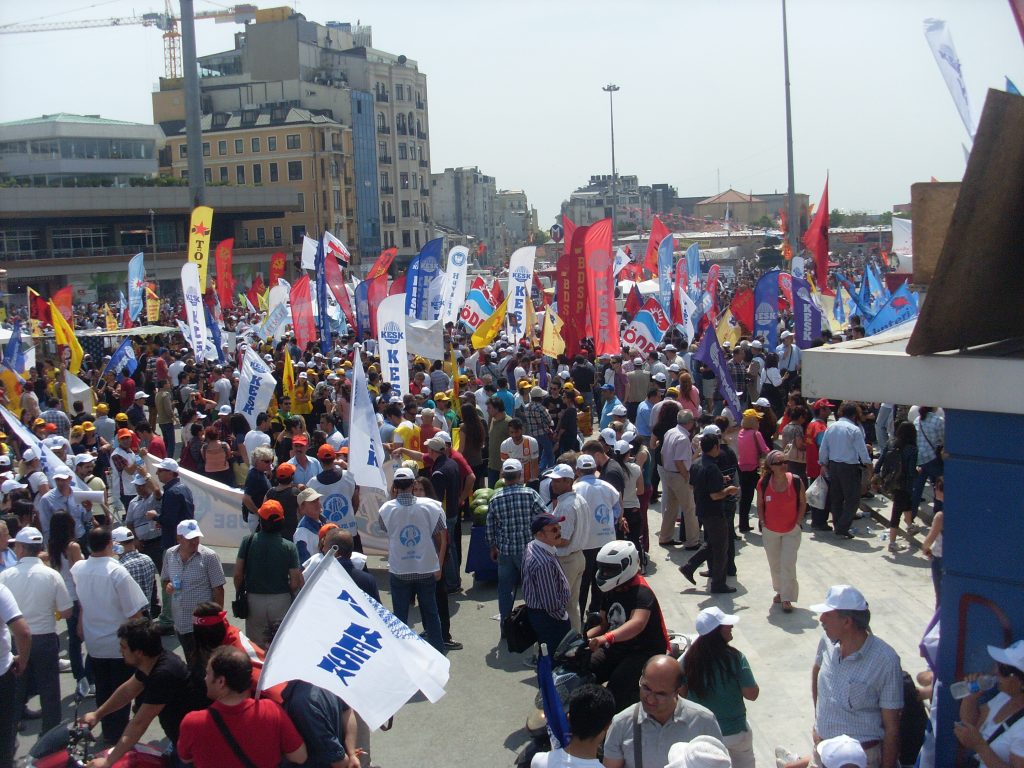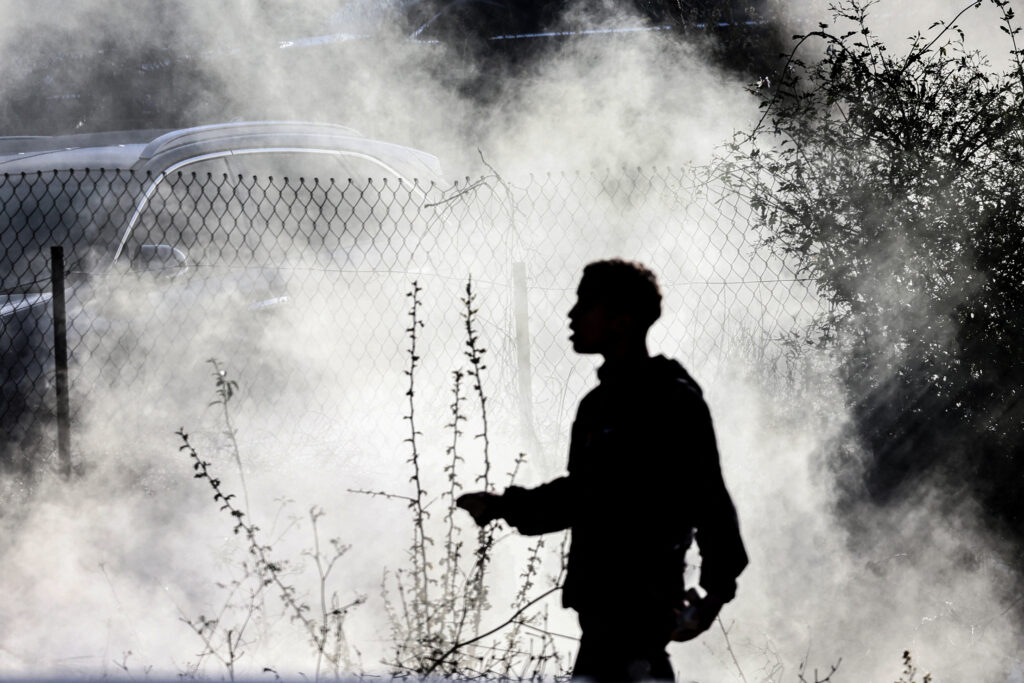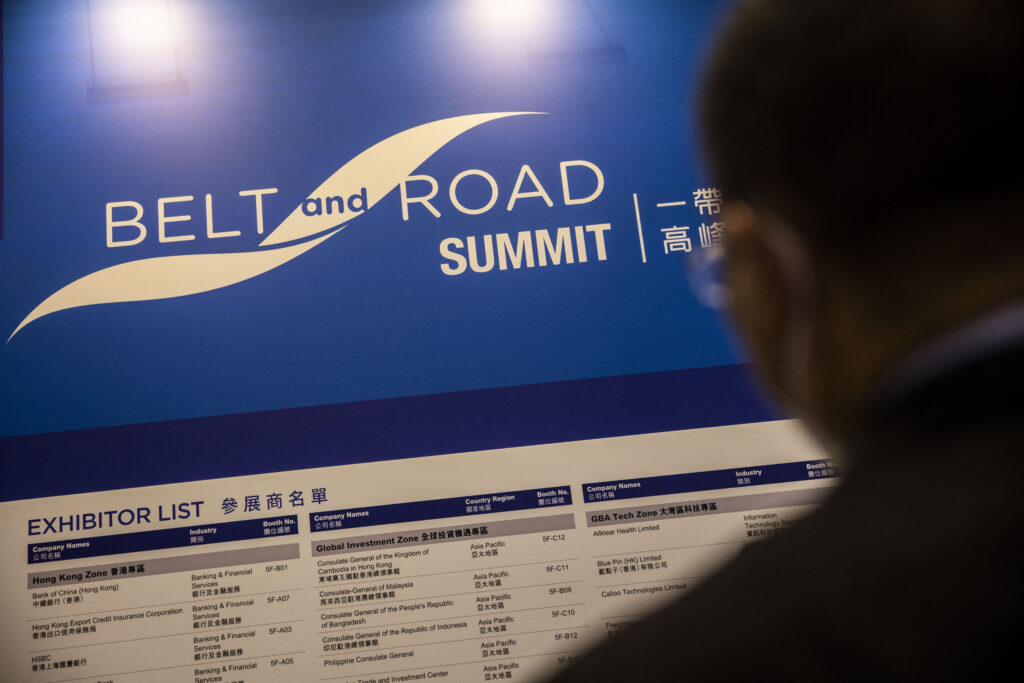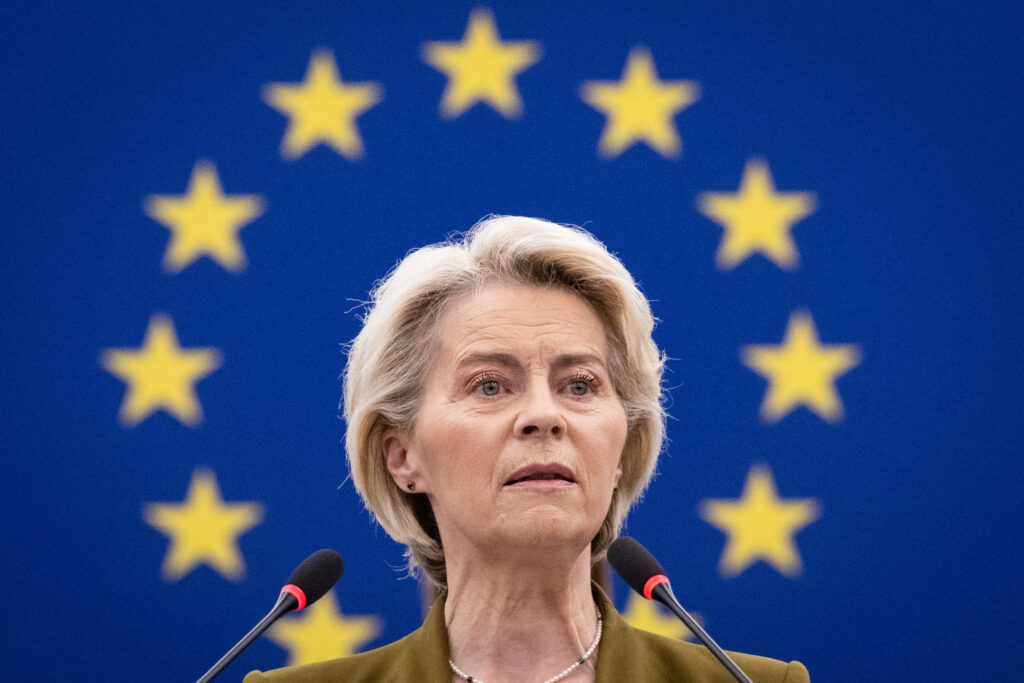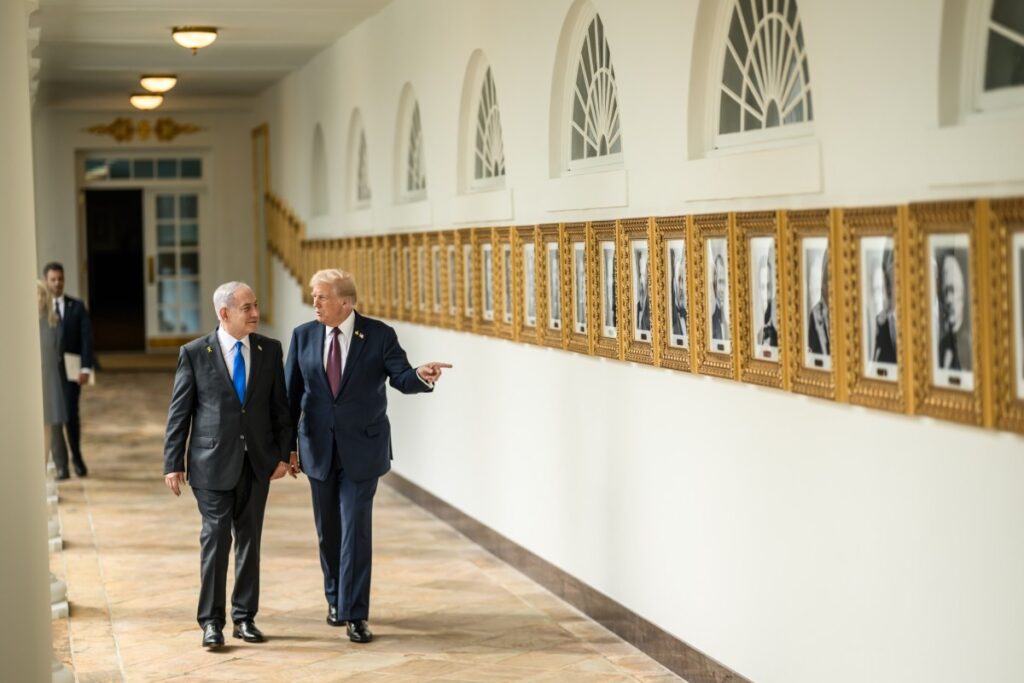By Ergun | budun
The Taksim Square, or more precisely, the ‘Gezi Park’ events shook Turkey for almost the entire month of June 2013. Even though the protests seem to have slowed down in recent days, the episode is pregnant, to hard to predict consequences, as will be discussed below. The protests started as a seemingly innocent environmentalist move against the cutting down of a number of trees in the park area, evidently with the intention of building a huge shopping center there. By all accounts, the majority of the original protesters were peaceful, well-educated, mostly non-political, middle class young people.[1]Later on, however, the demonstrations were also joined by violent marginal groups, partly as a reaction to the police brutality and the disproportionate use of force, and partly for more ideological reasons. Consequently, in parts of ─ stanbul and some other cities such as Ankara, ─ zmir, Eskiehir, and Antakya violent clashes with the police forces took place resulting in five deaths, hundreds of injuries and arrests, and the destruction of public and private property.[2]
Certainly, the Taksim events can be reduced neither to pure and simple environmentalist concerns, nor to a sinister national and international plot to oust Erdoan and his government by non-electoral means, as Erdoan and his close associates claim. The main task for political analysts is to examine the root causes of the grievances that drove hundreds of thousands of peaceful young people to this protest movement.
As is well-known, the ultra secular sectors of the Turkish population have always viewed the AKP (Justice and Development Party) with suspicion, which in their eyes was a ‘wolf in sheep’s clothing’ with the ‘hidden agenda’ of gradually introducing an Islamist regime in Turkey. No doubt, such fears were grossly exaggerated as will be spelled out below. The AKP won three consecutive parliamentary elections (2002, 2007 and 2011) each time with larger majorities in free and fair competition and made no move during this period to change the secular structure of the state.[3] Thus, the AKP can be compared to the Muslim-Democratic parties in some other parts of the Muslim world, such as Indonesia, Malaysia, and Bangladesh. In the Middle East/ North Africa (MENA) region. The closest parallel to the AKP is probably the Tunisian Ennahda, in that there is a significant degree of convergence between the Ennahda and the secular forces on the essential principles of a democratic government. The AKP refuses to describe itself even as a Muslim-Democratic party and prefers the more neutral term of ‘conservative democracy.’[4]
However, most of the top leadership of the AKP came from Islamist roots, which explains the continuing fear among the secularist sectors of the population.[5] For nearly ten years, starting from the AKP’s coming to power in 2002, such suspicions and anxieties led to a series of conspiratorial activities to get rid of the AKP government at all costs, if necessary by means of a military intervention, since elections were highly unlikely to produce an alternation in power. Such activities included preparing plans for an outright military coup, or creating widespread public unrest in order to trigger it, or banning the AKP through judicial means. The party barely escaped from a prohibition ruling by the Constitutional Court in 2008.[6] In this deadly fight, the secularist forces were joined by the military and the judiciary, which is sometimes referred to as the ‘Republican Alliance,’ a picture reminiscent of the current situation in Egypt.[7]
The political situation started to change with the constitutional amendments of 2010 and the parliamentary elections of 2011. The constitutional amendments, adopted by 58 percent of the popular vote, broke the monopoly of the secularist judges in the Constitutional Court and the High Council of Judges and public prosecutors, the body responsible for all personnel affairs of judges and public prosecutors.[8] They also transferred the competence to try crimes against the constitutional order of the state from military to civilian courts, thereby making it possible to prosecute and try a large number of retired or on-duty military personnel on the allegations of preparing plans for a military coup.[9] The 12 June 2011 parliamentary elections gave the AKP almost 50 percent of the popular vote and a very comfortable majority in parliament.[10]
Both developments seem to have encouraged the AKP to pursue a more markedly conservative and majoritarian line, at the expense of alienating their liberal supporters. Probably the most frank and explicit admission of this shift toward conservatism is found in the following statement of Aziz Babu├ºu, the chairman of the Istanbul provincial organization of the AKP: ‘Those who were partners with us in one way or another during our ten-year period of government, will not be partners with us during the next ten years. The future is a period of construction. The construction period will not be as they would like. Therefore, those partners will not be with us. Those who walked together with us yesterday in one way or the other, tomorrow will be partners with the forces that are against us. Because the future that will be constructed and Turkey that will be built will not be a future and a period which they will accept.’[11] Significantly, these statements have not been repudiated in any way by any member of the AKP’s top leadership.
Statements like this are indicative of certain policies pursued by the AKP government in its third term. Erdoan’s increasing references to Islamic themes, such as his promise to raise ‘pious generations,’[12] his statements against abortion, finally the recent law intended to restrict alcohol consumption are the cases in point. Certainly, the law does not prohibit the sale and consumption of alcohol, but aims at restricting it by banning advertisements in printed and visual media, also banning alcohol consumption in picnic areas and the sponsorship of cultural and sports events by alcohol producing companies. Yet, much more than the substance of these policies, it is the angry, condescending, and authoritarian tone of Erdoan’s statements that creates deep concerns within the secular sectors. Moreover, Erdoan’s recent speeches reflect an excessively majoritarian conception of democracy, as he came to increasingly emphasize the support of the 50 percent of voters behind him, apparently not taking into account the feelings of the other 50 percent.
Thus, the Taksim Park events were not a simple environmentalist protest about the cutting down of a few dozen trees, but was the spontaneous explosion of accumulated anxieties resulting from what was perceived as the government’s increasing interference with the secular way of life, and with the area of personal choice. In other words, it was the last straw that broke the camel’s back.
The net result of the Taksim events was a heavy bill for Turkey. First, it deepened the already troublesome polarization between the religious and secular sectors of society, that means between supporters and opponents of the AKP. Secondly, it badly hurt the image of Turkey, as perhaps the only secular and democratic Muslim country, with potential to serve as a model to the rest of the Muslim world, particularly to the ‘Arab Spring’ countries. As the president of the Republic, Abdullah G’l, puts it succintly ‘an image that has been hardly built in ten years, can be destroyed in one week’[13] Indeed, the government’s stern reaction to the protesters invited strong criticism from the EU, the Council of Europe, and many Western circles, thus creating tensions in the already stumbling Turkey’ EU accession negotiations. Thirdly, the events may damage the on-going peace process with the insurgent Kurdish organization PKK. Although, both sides are careful to emphasize that the current events would not and should not damage the peace process, it remains true that the process can be brought to a final peaceful conclusion only in an atmosphere of greater toleration, empathy, and moderation.[14]
Two recent external events also contributed to the already worrisome political polarization between the AKP and its opponents. One is the 30 June military intervention in Egypt and the ousting of the Muslim Brotherhood (MB) government. The AKP government always strongly supported the MB probably motivated by the ideological affinity between the two. Therefore, its reaction to the military coup was particularly strong, significantly damaging the relations with the present interim government in Egypt. The second is Turkey’s active involvement in the Syrian crisis, giving its full support to the anti-Assad opposition, which also included radical Islamists. Currently Turkey is one of the very few advocates of a decisive all-out military intervention against the Assad regime. Both developments deepened the polarization between the AKP and its secular opponents, particularly the major opposition party, the secularist RPP (Republican People’s Party). The opponents see the AKP’s foreign policy as excessively driven by Sunni Muslim motives, and hence harmful to basic national interests of Turkey.
In conclusion, the AKP government seems to be at a cross-roads at the time of this writing (30 June 2013). One way is to resort to increasingly authoritarian and restrictive measures to suppress the protests while consolidating and mobilizing its support among the AKP voters. Erdoan’s certain strong statements and the mass meetings he organized in many major cities give the impression that this is the preferred strategy. Thus, the protesters are portrayed as the tools of sinister national and international forces, such as the supporters of a military coup, the interest lobby, and unnamed foreign enemies of Turkey.[15] Likewise, the AKP and especially Erdoan are, in local press, presented as the intended victim of such conspiratorial activities aiming at forcing a change of government by creating widespread public unrest. While such a strategy can certainly help to solidify support among the core conservative AKP supporters, it should be remembered that a majority of the AKP voters were former voters of the moderate center-right parties, many of whom pursue a secular way of life. These groups are not likely to respond positively to a strategy of increasing polarization and confrontation. Therefore, such a strategy can hardly bring about electoral gains for the AKP, in addition to the obvious difficulties of governing a deeply divided society.
Such considerations led a number of important figures within the AKP as well as President G├╝l to propose a more moderate and conciliatory policy and going back to a politics of democratic reforms. At the moment, it is difficult to predict which way things will evolve. However, the odds seem to be in favour of the second strategy of moderation and reconciliation, since the first one will surely create severe problems in Turkey’s domestic politics as well as in its international relations, and may even lead to a split within the AKP.
Ergun ├ûzbudun is Professor of Political Science and Constitutional Law at ─░stanbul ┼×ehir University, Turkey. He has also taught at the University of Chicago, Columbia University, and Princeton University. His books in English include Party Cohesion in Western Democracies: A Causal Analysis (Sage, 1970); Social Change and Political Participation in Turkey (Princeton University Press, 1976); Contemporary Turkish Politics: Challenges to Democratic Consolidation (Lynne Rienner, 2000); Islamism, Democracy and Liberalism in Turkey: The Case of the AKP (with William Hale) (Routledge, 2010); and The Constitutional System of Turkey: 1876 to the Present (Palgrave Macmillan, 2011). He has also coedited five books and contributed to such international journals as Comparative Politics, International Journal of Middle East Studies, Journal of Democracy, European Constitutional Law Review, European Public Law, South European Society and Politics, Democratization, and Representation. ┬®, MEI Singapore 2013.
[1] Esra Ercan Bilgi and Zehra Kafkasl─, Gencim, m, Ne ─stiyorum? Direngezipark─ Anket Sonu Raporu (─stanbul: ─stanbul Bilgi ├£niversitesi Yay─nlar─, 2013).
[2] Minister of the Interior Muammer G’ler stated on 5 June that during the Gezi Park events 915 citizens were hospitalized and 516 security forces personnel were injured. He added that 280 offices, 103 police cars, 259 private cars, one house, one police station, five public buildings, and 11 AKP party offices were damaged. The total damages amounted to more than 70 million TL. The minister reported that as of that date, 117 persons were detained: ‘─├ºileri Bakan─ Gezi Park─bilan osunu a─klad─,’ Milliyet.com.tr, 6 June 2013.
[3] William Hale and Ergun Özbudun, Islamism, Democracy and Liberalism in Turkey : The Case of the AKP (London and New York: Routledge, 2010), ch. 2.
[4] Ibid., 24-25.
[5] On polarization along the religious-secular cleavage, Ergun Özbudun, Party Politics and Social Cleavages in Turkey (Boulder and London: Lynne Rienner, 2013), 87-94.
[6] Constitutional Court decision, E. 2008/1, K. 2008/2, 30 July 2008, Resm├« Gazete (Official Gazette), 24 October 2008, no. 27034. For an analysis of this decision, Ergun ├ûzbudun, ‘The Turkish Constitutional Court and Political Crisis’ in Ahmet T. Kuru and Alfred Stepan, eds., Democracy, Islam, and Secularism in Turkey (New York: Columbia University Press, 2012), 160-1.
[7] See for example, Ceren Belge, ‘Friends of the Court: The Republican Alliance and Selective Activism of the Constitutional Court in Turkey,’ Law and Society Review 40, no. 3 (2006): 653-91.
[8] On the 2010 constitutional amendments, ├ûzbudun, ‘The Turkish Constitutional Court and Political Crisis,’ 162-3.
[9] Ergun budun, The Constitutional System of Turkey: 1876 to the Present (New York: Palgrave Macmillian, 2011), 100-1.
[10] On 2011 parliamentary elections, budun, Party Politics and Social Cleavages in Turkey, 97-9.
[11] Quoted by Orhan Kemal Cengiz, ‘Mcahit Erdoan,’ Taraf (daily), 21 June 2013.
[12] Erdoan in a speech on 5 February defended the recent law that increased the religious component in primary and secondary school curricula, and repeated his preference for a pious generation: ‘This government is a conservative democratic government. In every country every government has certain objectives. They have objectives concerning the youth, the people Would you like the youth to become drug addicts? To rebel against their parents? Would you like a generation bereft of national and moral values?’ ‘Erdoan: Bu genliin tinerci olmas─n─ m─ istiyorsunuz?’ Milliyet.com.tr, 6 February 2013.
[13] ‘Cumhurbakan─G’l’den Gezi Park─ a─klamas─,’ Milliyet.com.tr, 18 June 2013.
[14] Selahattin Demirta, the co-chairman of the Kurdish nationalist Peace and Democracy Party (BDP) stated that even though his party agrees with the democratic demands expressed in the Gezi Park events, they ‘put a distance’ between these events and the BDP, since some elements tried to canalyze them into a popular movement with the aim to oust the government: ‘Gezi ile aram─za mesafe koyduk,’ SOL portal, 31 July 2013.
[15] According to a public opinion survey, 57 percent of the respondents believe that there were ‘foreign connections’ in the Gezi Park events. Similarly, 64 percent believe that Erdoan was the target of the events: ‘Gezi eylemi Erdoan’─ hedef ald─,’ Haber7.com, 3 August 2013.

